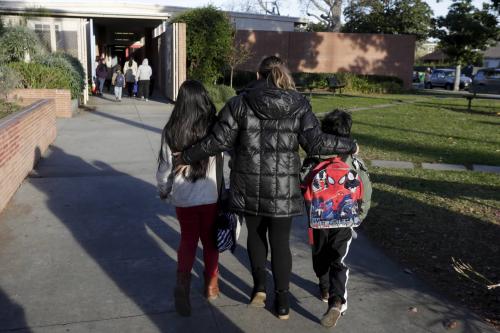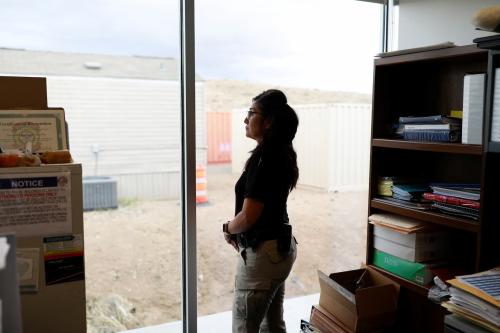Although downtown revitalization, innovative mixed-income redevelopment, and gentrification are reinvigorating deteriorated inner-city neighborhoods in cities across the country, too little attention is paid to declining middle-income neighborhoods such as Hickory Hill in Memphis, Tennessee. In the absence of interest from either urban pioneers or targeted government programs, these neighborhoods continue to decline, and poverty enclaves are recreated within once middle-class housing markets.
This brief discusses how the Memphis Model uses insights from the “information cycle” to conceptualize and implement local information systems that close the information gap for declining middle-income housing markets. New knowledge is mobilizing stakeholders and driving strategies to stabilize and restore Hickory Hill. Following a summary of the information cycle and an introduction to Hickory Hill and its housing market, this brief describes:
- data and collection issues encountered in generating and displaying neighborhood data;
- the role of analytical tools in either enlightening or obscuring efforts to make sense of data; and
- key issues encountered in turning information into action to advance neighborhood stabilization strategies.
The brief introduces an alternative to the classic redlining paradigm for understanding transition and decline in neighborhood housing markets.


